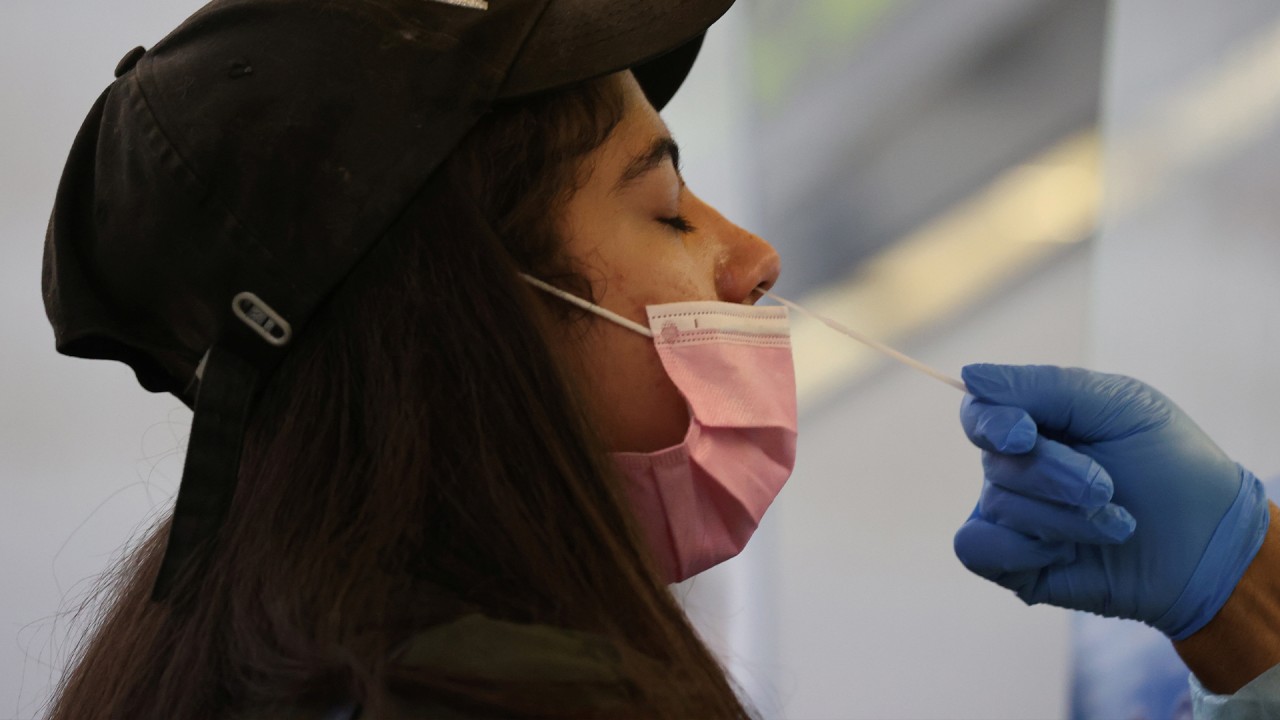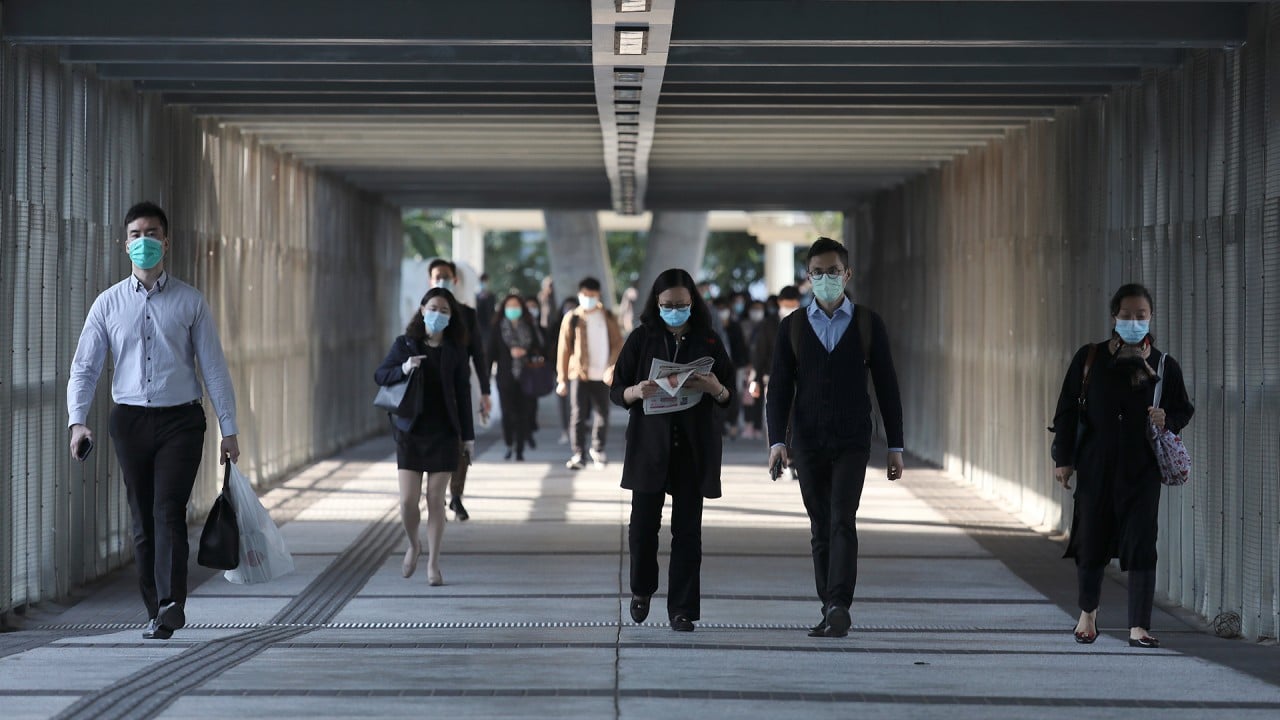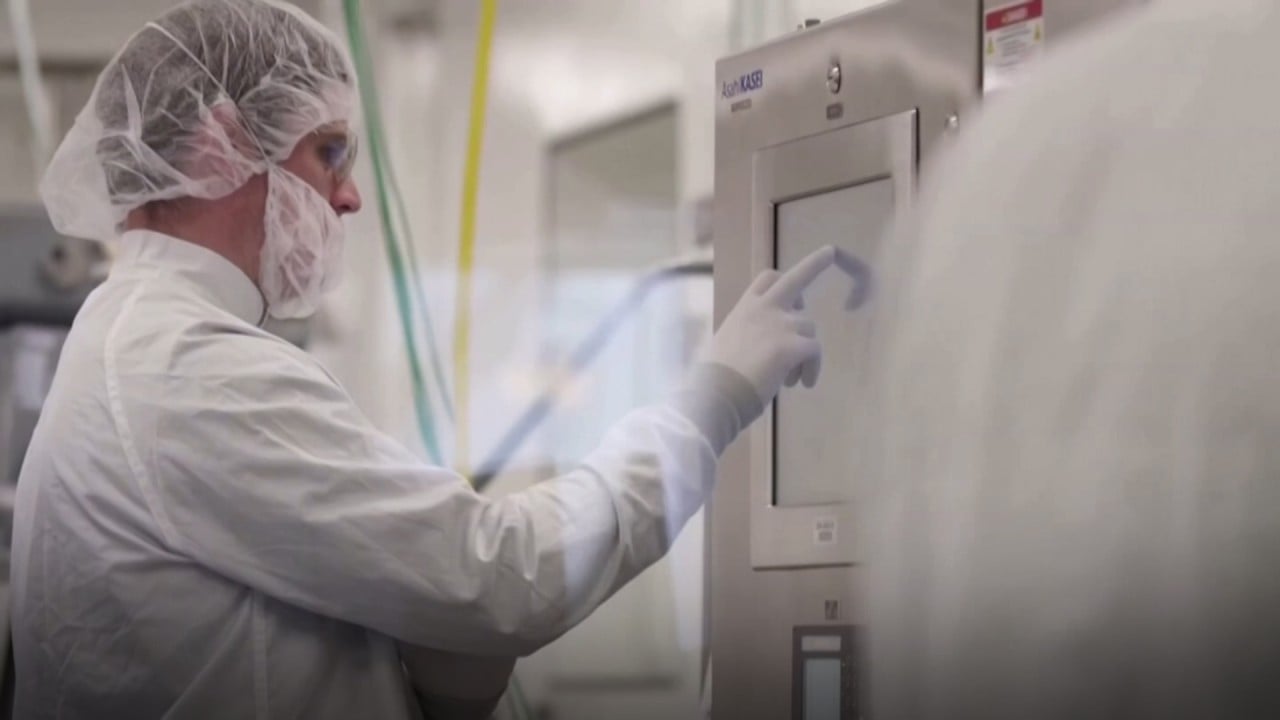
Investors pricing in a perfect recovery from Covid-19 risk a rude awakening
- While market optimism is justified, as 2021 can hardly be worse, expectations of a speedy return to normality can still be shaken by any wrinkle in the vaccine roll-out. Investors are leaving themselves little margin of safety
It is safe to say that not a single investment strategist foresaw how 2020 would play out. It is also clear that even if analysts had known a year ago that the world was about to be hit by the most severe pandemic in a century, very few would have accurately predicted where markets have ended up this year.
The challenge facing prognosticators and commentators is not just to pinpoint key trends and events that will influence the direction of markets, but, more importantly, to predict how asset prices will react to these developments.
The Covid-19 crisis has sent markets on the wildest of roller-coaster rides. The fastest-ever bear market in global stocks – the MSCI All-Country World Index plunged more than 30 per cent between early February and mid-March – was followed by the quickest-ever recovery, with equities surpassing their pre-pandemic peak as early as mid-August.
That such an abrupt and dramatic shift in sentiment occurred against the backdrop of the worst recession since the Great Depression and a resurgence of the virus in the United States and Europe is all the more striking.

02:11
Americans get coronavirus tests ahead of Thanksgiving family visits as US cases spike
Yet, despite the unprecedented shock, and the surge in volatility, 2020 is drawing to a close amid an outbreak of bullishness in markets. Bank of America’s latest fund manager survey, published on November 17, noted that expectations for global growth are at a 20-year high, while 84 per cent of respondents believe corporate profits will improve, an 18-year high. The burst of optimism is almost entirely attributable to one factor: the vaccine breakthrough.
As I argued previously, vaccines are a game changer. Not only is an end to the pandemic in sight, investors, who are paid to look ahead, can be more tolerant of further virus-induced damage that is likely to occur because of the realistic prospect of mass immunisation programmes being rolled out in the coming months.
Already buoyed by central banks’ massive liquidity injections, and relieved that the US presidential election is out of the way, markets are in an ebullient mood. Global stocks are at record highs, with a rotation into shares that benefit most from a faster recovery.
More tellingly, spreads on the lowest-rated US “junk” bonds have fallen to their lowest levels since 2014, while the VIX Index, Wall Street’s “fear gauge”, is back near the level at which it stood just before the pandemic sent markets into a tailspin in mid-February.
Indeed, with the notable exception of government bond markets, where yields remain at ultra-low levels mainly due to the huge doses of monetary stimulus, assets are priced for perfection. Sentiment is signalling that the pandemic is over and life is returning to normal.
Quite apart from the worrying disconnect between markets and the virus-ravaged real economy, such unbridled optimism creates significant problems for investors themselves.

02:15
Hong Kong tightens social-distancing measures to cope with fourth wave surge of Covid-19 cases
If many measures of sentiment are at multi-year highs even before vaccines are deployed and the recovery takes hold, the scope for markets to rally further is increasingly limited, and the more likely it is that expectations about vaccines and the economic upturn will be dashed.
In a sign of the scale of the “front-running” in markets – the common practice of buying or selling assets with the expectation that further trades in the same direction will follow – a group of 70 global stock and bond markets tracked by JPMorgan has not been this expensive so early on in an economic expansion in 20 years, “leaving little margin for stumbles”, a report published by the bank on November 27 noted.
To be sure, this does not necessarily mean that a sharp sell-off beckons. Markets where valuations are stretched can grind higher, and have been doing so for the past few months. The optimism, although excessive, is justified, if only because 2021 cannot be worse than this year.
Yet, by pricing in a near-perfect return to normality, equity and corporate debt markets are setting themselves up for disappointment. If all – or nearly all – the good news is already priced in, it stands to reason that further positive news will yield diminishing returns.

03:13
World gears up to distribute Covid-19 vaccines as drug makers await medical regulator approvals
Given how crucial the launch of mass vaccinations is to the outlook for the global economy and markets, any major delays – either because of logistical problems, or because of “vaccine hesitancy” amid persistent concerns about the safety and efficacy of the shots – would make it much more difficult for investors to shrug off the damage wrought by the virus.
Make no mistake, the ability and willingness of vaccine-driven markets to look past the current devastation caused by the pandemic are being put to the test. With valuations already dangerously stretched, investors have left themselves with little margin of safety.
Nicholas Spiro is a partner at Lauressa Advisory

